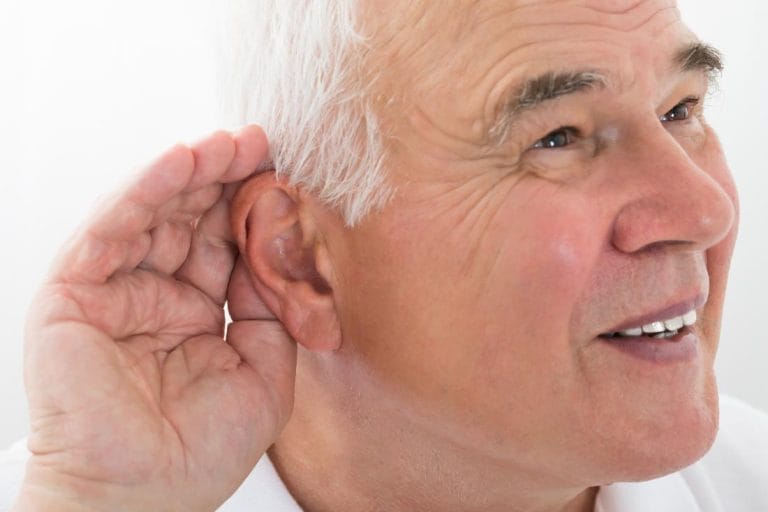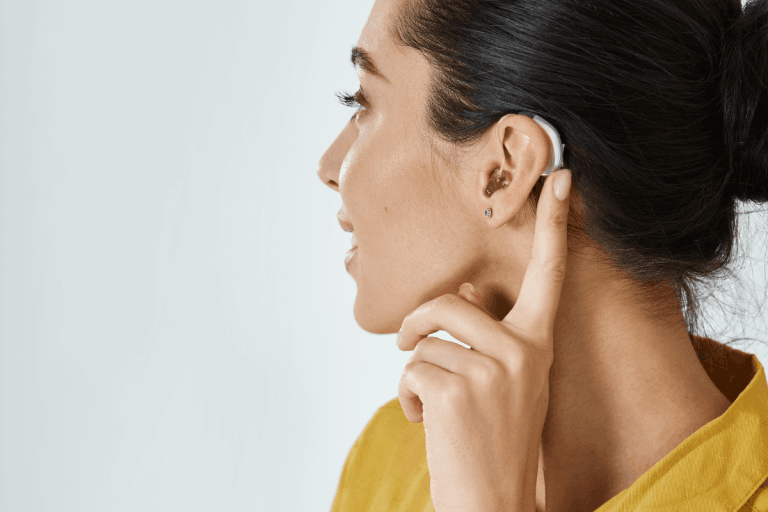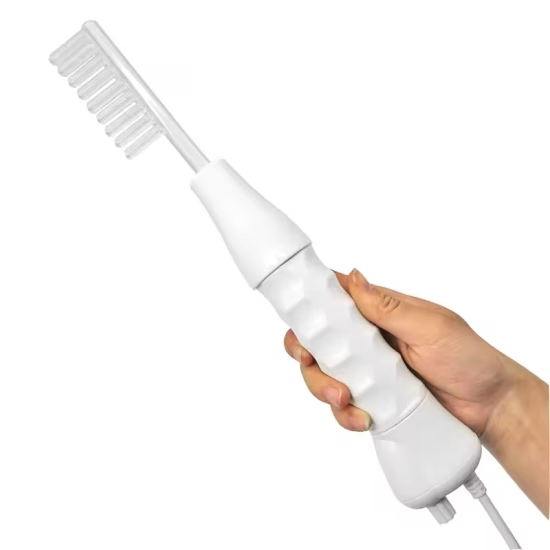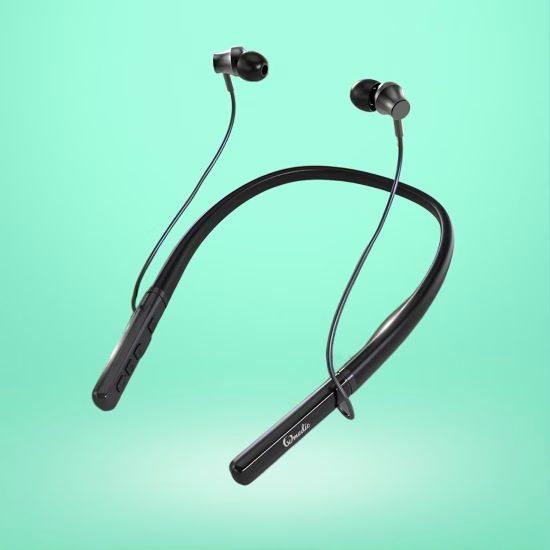Do Hearing Aids Help Vertigo? A Potential Solution
Vertigo, the sensation of spinning or dizziness, is often linked to issues with the inner ear, which is responsible for balance. While hearing aids are commonly used to assist individuals with hearing loss, their role in alleviating vertigo symptoms is less widely known. Recent research suggests that, in certain cases, hearing aids may help manage vertigo, particularly when it’s related to hearing loss or conditions like Meniere’s disease. In this article, we explore how hearing aids could be a potential solution for vertigo sufferers and the conditions under which they might be beneficial.

Understanding Vertigo and Its Connection to the Ear
Vertigo is not a disease itself but a symptom of an underlying condition. It often arises from problems in the vestibular system (the balance system) or the auditory system (responsible for hearing). The inner ear houses both the cochlea (for hearing) and the vestibular apparatus (for balance). When there’s a disruption in this system, it can cause vertigo.
Meniere’s disease, a disorder of the inner ear, is one of the most common conditions linked to both hearing loss and vertigo. It causes a buildup of fluid in the inner ear, leading to episodes of vertigo, fluctuating hearing loss, and ringing in the ears (tinnitus). In some cases, vertigo can be triggered or worsened by hearing loss, making hearing aids a potential tool for managing symptoms.
How Hearing Aids Can Help with Vertigo
- Restoring Balance through Improved Auditory Input
When hearing loss is present, the brain compensates for the lack of auditory input by relying more heavily on visual and balance signals. This imbalance can contribute to a feeling of disorientation or dizziness. By amplifying sound and improving hearing, hearing aids may reduce this reliance on non-auditory cues and help restore equilibrium. For individuals with hearing loss and vertigo, improving auditory input might enhance overall balance, potentially easing vertigo symptoms. - Managing Meniere’s Disease
For people with Meniere’s disease, hearing aids may serve a dual purpose: they help with hearing loss and may assist with reducing the sensation of vertigo. While hearing aids don’t directly treat the vertigo, they can provide clearer auditory information, which may reduce the severity of vertigo episodes by minimizing the strain on the vestibular system. - Sound Therapy and Tinnitus
Some hearing aids come with tinnitus masking features, which generate soothing sounds to reduce the perception of tinnitus (ringing in the ears). Since tinnitus and vertigo are often linked, using hearing aids that incorporate sound therapy can help manage both conditions simultaneously. By masking tinnitus, the hearing aids may reduce the stress and discomfort that exacerbates vertigo.
The Role of Audiologists in Managing Vertigo
It’s important to note that not all cases of vertigo will benefit from hearing aids. If vertigo is caused by an issue unrelated to hearing loss (e.g., vestibular disorders), hearing aids may not provide relief. In these cases, consulting an audiologist or healthcare provider is essential to determine the most effective treatment options.
An audiologist will assess your hearing and balance issues, often working in collaboration with a doctor, to determine whether hearing aids might be an appropriate solution for your vertigo. They can also offer sound therapy or recommend specific devices tailored to your needs.
Other Treatments for Vertigo
While hearing aids can play a role in managing vertigo for some individuals, other treatments may be necessary, including:
- Vestibular rehabilitation therapy (VRT): Physical therapy designed to improve balance and reduce vertigo.
- Medications: Used to control symptoms of vertigo or treat underlying conditions.
- Surgical options: In rare cases, surgery may be recommended for conditions like Meniere’s disease.
Conclusion: Hearing Aids as Part of a Comprehensive Treatment Plan
While hearing aids are not a cure for vertigo, they can help alleviate symptoms for individuals whose vertigo is related to hearing loss or conditions such as Meniere’s disease. By improving auditory input and reducing strain on the vestibular system, hearing aids can provide relief and improve quality of life. However, it’s essential to consult with a healthcare provider to ensure that hearing aids are an appropriate part of your treatment plan.
Disclaimer
Please note that we are not medical professionals. The information provided here is for informational purposes only and should not be considered medical advice. If you are experiencing vertigo or hearing loss, it is essential to consult with a healthcare provider or audiologist for a thorough evaluation and personalized treatment recommendations.
References
- Kuo, C. L., et al. “Meniere’s disease and the use of hearing aids: an updated review.” Journal of Clinical Medicine (2020).
- Fetterman, B. L., & Miller, M. A. “Hearing aids and their role in vertigo management.” Vestibular and Balance Disorders (2019).
- “What is vertigo?” American Academy of Otolaryngology – Head and Neck Surgery.
- “Understanding Meniere’s disease.” National Institute on Deafness and Other Communication Disorders (NIDCD).
By understanding the connection between hearing and balance, patients can make informed decisions about the best approach to managing vertigo, improving both their hearing and their overall well-being.











